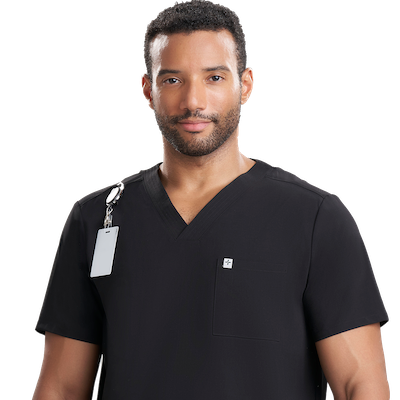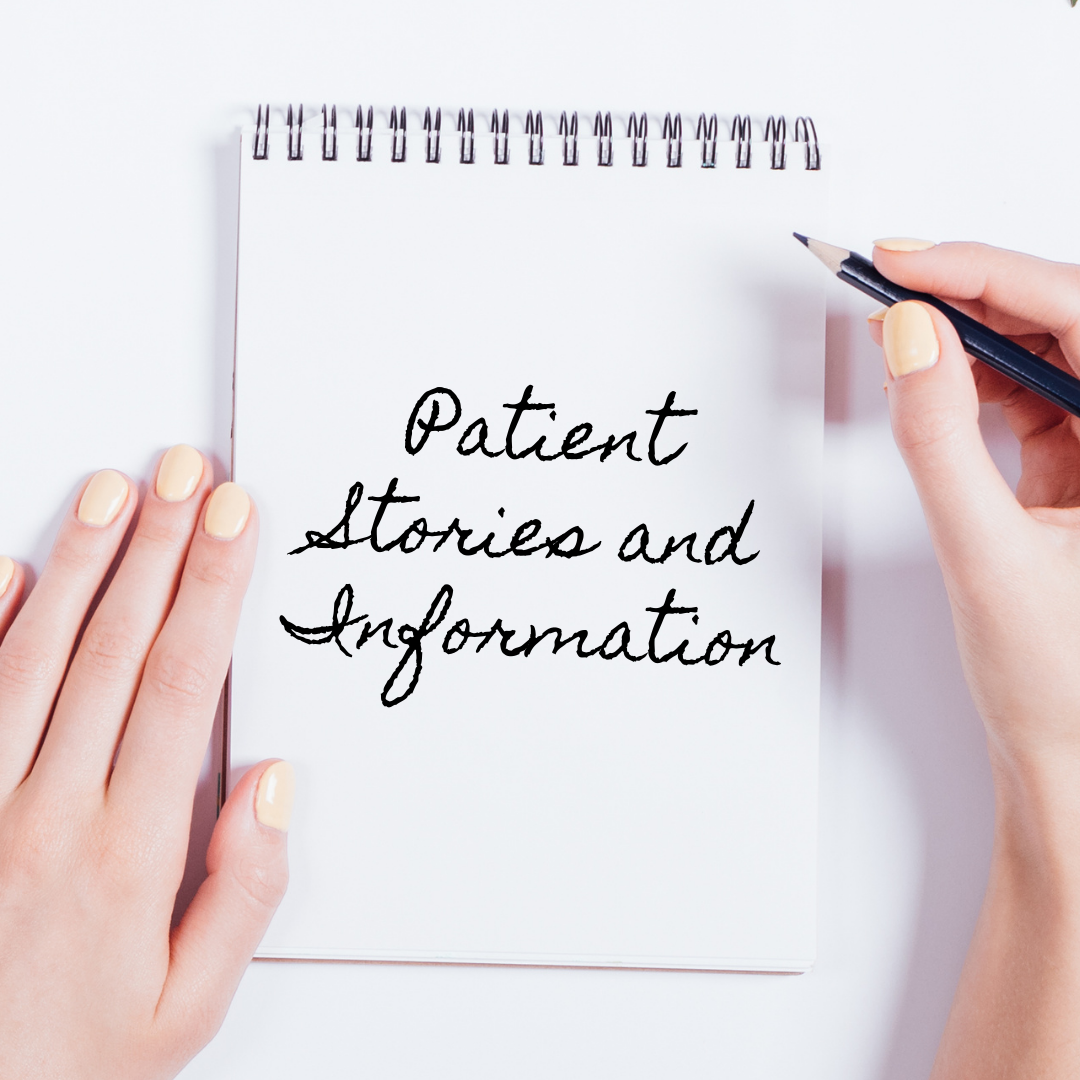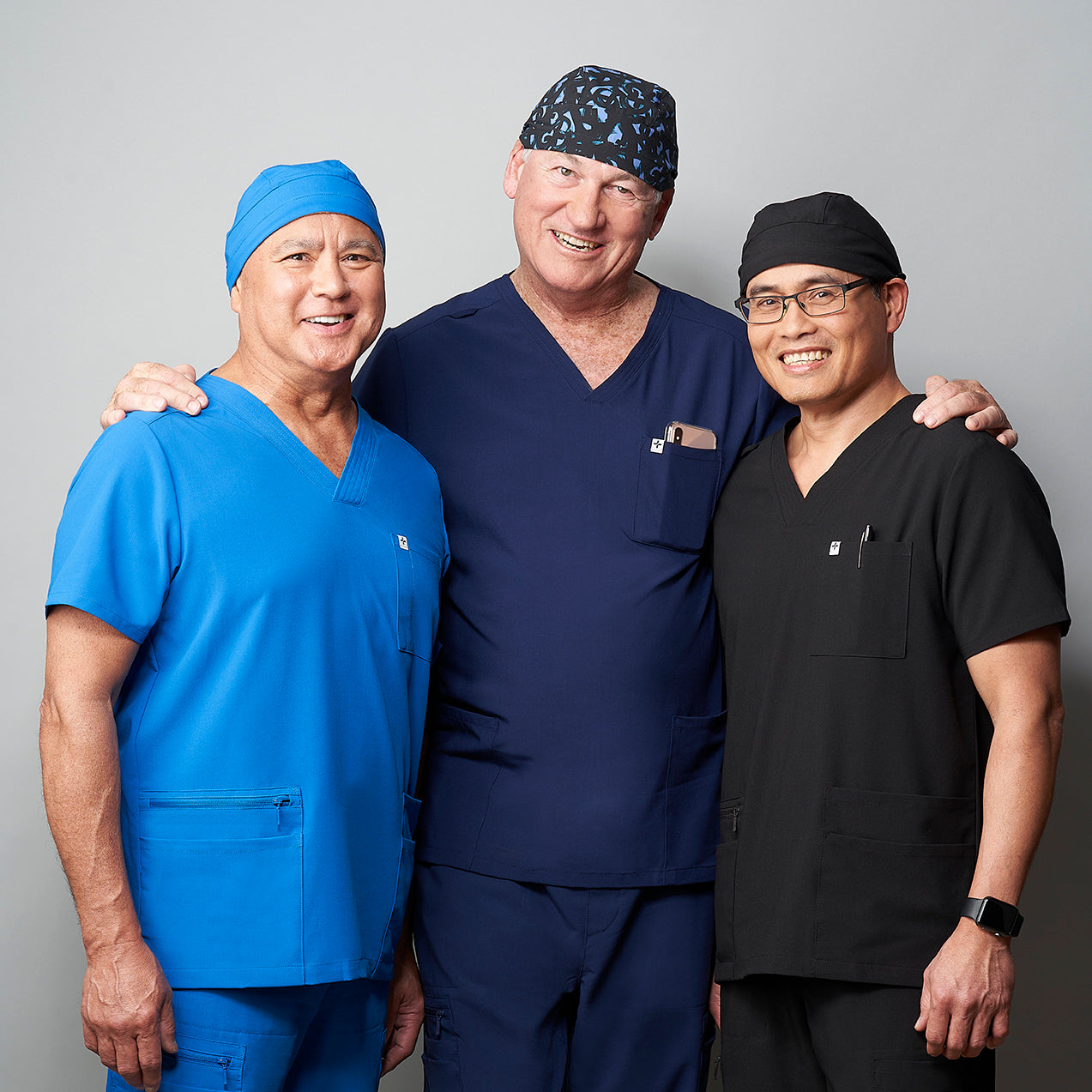
About the Author: Rachel is a 21-year-old chronic illness warrior who was born and raised in Texas. She shares her journey with chronic illness, mental health, and "some of the hardest feats" she's ever had to face. In part 2 of the blog, she shares some of the important lessons she learned along the way. Connect with her on Instagram @rach_blogs.
Early Childhood
Growing up, I had some gastrointestinal issues but never realized there was something wrong, or when I finally did I was too embarrassed to speak up. My parents said that I have had reflux ever since I was a child. I also remember being constipated and getting a couple fecal impactions. I never realized how often people were supposed to go to the bathroom and I hated pooping my entire life, because it was always uncomfortable and made me feel very sick, as I had to strain so hard which caused some pain and uncomfortable symptoms (I later learned this to be a vasovagal response). I would get nausea and extreme fullness at random times, usually when I would go out to eat or indulge myself. I even remember one vivid day where we went to the movies (I got popcorn and candy), then had lunch and later on dinner where I had a big cupcake for dessert — I ended up vomiting. Yes, it was a lot of food and foods that do not digest easily, but most people would just be uncomfortable or too full not actually throw up. I assumed pooping problems, reflux, heartburn, and extreme discomfort from eating out was normal.
Progression of Symptoms

Later in my teens, I developed anorexia and bulimia due to my depression, anxiety, and discomfort from eating (which I am now recovered from and doing well mentally). I thought maybe my discomfort with eating along with poor self-image were signs that I did not deserve to eat. Because of these eating disorders, my GI issues got significantly worse and eating was always so uncomfortable and turned into such a chore. When I was in treatment, I got referred to my first gastroenterologist.
We did a scope and found out the lining of my stomach and esophagus looked awful and had tears and a huge pre-cancerous ulcer. Once I started meds for reflux, the tears and ulcer, nausea, constipation, and motility—as eating disorders can cause temporary gastroparesis—I started to feel much better and could eat normally with the help of medications. I would still get extreme discomfort with bigger meals, but I mostly managed just fine. Fast forward down the road a bit, and I had lots more heartburn and my reflux, nausea, and my constipation began to worsen, so my doctor sent me for a barium swallow and a gastric emptying study (GI issues are supposed to get better in recovery and mine were not).
Getting Treated for Reflux
My studies showed that I had delayed emptying and pretty severe reflux, even though I had been eating normally and not forcing myself to vomit. We switched some meds around, and my GI made some suggestions for dietary changes. I started feeling better with this, until I relapsed, and my GI issues got even worse than before. When I was in my last treatment center and starting to do well mentally, I lost the ability to keep food down. I was stuck on a feeding tube and my meal plan was only yogurt, juice, sports drink, and water, as that was all I could tolerate. I was discharged on a meal plan of only a few hundred calories, since I physically could not consume more without vomiting, and sent to an emergency GI appointment.
At this appointment, my GI started me on more intense meds for nausea, motility, reflux, and constipation. I was also hospitalized with malnourishment and severe symptoms, despite being mentally recovered and trying to eat. This was so frustrating for me, as I had grown to love food, my body, and myself again. I ended up getting an nasojejunal (NJ) tube placed and sent home with tube feedings, more meds, and a diet of whatever I could tolerate.
Things Get Worse
We thought the tube would only be temporary while I was in this flare and we thought maybe my body was still recovering from the damage I had done. Months went by and I struggled to tolerate my feed and had lost the ability to eat and drink. This hit me hard, because I felt like I worked so hard on myself and my eating disorders only to not be able to eat and be “normal.”
We did a repeat gastric emptying study (after several failed ones due to vomiting) and it came back normal. Since my symptoms were severe, and my test results were inconclusive, we decided to place a surgical G-tube to utilize my stomach on trickle feeds (low, constant feed rate). One month in and I had lost weight and became malnourished from not being able to tolerate my G-tube feeds. We converted my G-tube into a G-J tube, which has a port that goes in your stomach for drainage and a port that goes into your jejunum (small intestine) to bypass the stomach. I did alright with this for a while but had to change feeds constantly and struggled to stay nourished and hydrated. I also found that I had to drain my stomach quite a bit or I would vomit and bloat excessively. I was constantly doing enemas and colonoscopy prep through my tube at this point, as my colon began to stop working. I was ending up in the hospital all the time for dehydration, pain, vomiting, feeds backing up into my stomach, and fecal impactions. I began to tolerate nothing by tube anymore.
Starting College During Treatment

I was devastated, as it was my first week of college and I was doing so well mentally, seeing friends, and loving campus life; however, I could not keep up and kept blacking out from lack of nutrients and hydration. My GI decided to run a “smart pill test,” which assesses the entire GI tract. When the results came back, my doctor was floored. We found out that my small intestine was moving incredibly slow and my colon was essentially paralyzed. I would get so backed up with bile, feeds, and stool, that I would drain stool and feeds and meds from my stomach, despite my tube being in the correct spot, as things were not moving forward at all so things had not place to go and it would build up and up and up all the way to my stomach. I was MISERABLE to say the least.
In August of 2019, I was hospitalized and had my first central line—a PICC line—placed to start me on IV nutrition and hydration, since my gut could not tolerate anything. We thought this would be temporary and give me some gut rest, but unfortunately no number of enemas, laxatives, bowel preps, motility meds, nausea meds, or other GI meds helped me tolerate oral eating and/or tube feeds again. The total parenteral nutrition (TPN) and saline saved my life. I was finally energized and hydrated again. During this time, I was also diagnosed with postural orthostatic tachycardia syndrome (POTS), as my blood pressure was always low, and my heart rate was always high, and both would change significantly upon position changes which caused some black outs and pre syncope episodes. The saline not only restored my hydration and electrolytes, but managed my POTS really well, as it was flaring up so bad from lack of hydration which is very important in treatment for POTS patients.
Getting Ileostomy Surgery
Due to not being able to get off TPN, my doctor said my case was becoming too complex, so she sent me to Cleveland Clinic in Ohio to be assessed by one of the top GI doctors. It was decided that we needed to bypass my colon in order for me to have bowel movements, so they performed an ileostomy surgery and put me into pain management for my chronic abdominal pain. They also decided that TPN would be long term for me, since my digestive tract has only continued to decline over the months and years. This is where I am at today. I have a G-tube (for venting and draining my stomach), a J-tube (for medications and trial feeds when I can), an ileostomy, and a central line in my chest (for hydration and nutrition). In November of this year (2020), I will be getting a total colectomy and a J-pouch (rerouting my intestines to my rectum so I can go to the bathroom without an ostomy bag).

For a while, I blamed myself because of my past eating disorder. My doctors said that this was not the cause of my GI issues, it was just a trigger that set them off. They got worse over time because of how my body naturally is not because of anything I did in the past. They commended my recovery and said that eating disorders can cause temporary GI issues, but nothing like mine. They do not know the cause of my digestive tract paralysis, as they are still doing research on why this happens to people. This is one of the biggest lessons I learned throughout my journey. “I did not cause this to happen.” I felt like a failure, but in reality, it is just the way my body works.
Accepting My Chronic Illness
Living with chronic illness has totally changed my life. I went from normalcy to frequent hospitalizations, taking over 20 meds a day, constant doctor appointments, not being able to eat, bad flares, dealing with pain, and relying on pumps and medical devices. I had to learn a new normal. I am now used to not feeling well most of the time, I have learned my limits and how to take care of myself. For a while I started to become depressed again, as I just wanted a normal life. But I realized that there is no such thing as “normal.” Everyone deals with something and while my life and nutrition may look a lot different than others, it is mine and this is MY normal. I have become a pro at changing my ostomy bag, crushing and dissolving pills, and setting up TPN. I also learned who my true support system is through all of this. I have met so many amazing and strong people in the community and developed a passion for blogging, raising awareness, and advocating for people with disabilities. Does my life suck sometimes? Yeah, but so does everyones! Does the pain become so unbearable that it brings me to dark places sometimes? Yeah, but this makes me appreciate the good days and the pain free days so much more.
How have your feeding tubes impacted your day-to-day life? Let us know in the comments or email us at wecare@careandwear.com. We love hearing from our community members!










S Jenkins
April 05, 2021
Hello,
Your story is such an inspiration! I have had gastroparesis following a hernia repair. My gastric emptying study showed O% function. I attempted tube feeds for months and was so malnourished that we started tpn. I have thrived on it! But I had a bad experience with a young dr who felt that I should be able to tube feed and without further testing stopped tpn and left me to tube feed. I lost 40 lbs before we found a new dr who immediately restarted tpn. He found several severe bowel issues, including intestinal malabsorption, severe IBS, and SIBO. I am doing well again and finally at a stable weight. I know the hurt and shame of dealing with a dr that is rude and uncaring. Thank you for sharing!